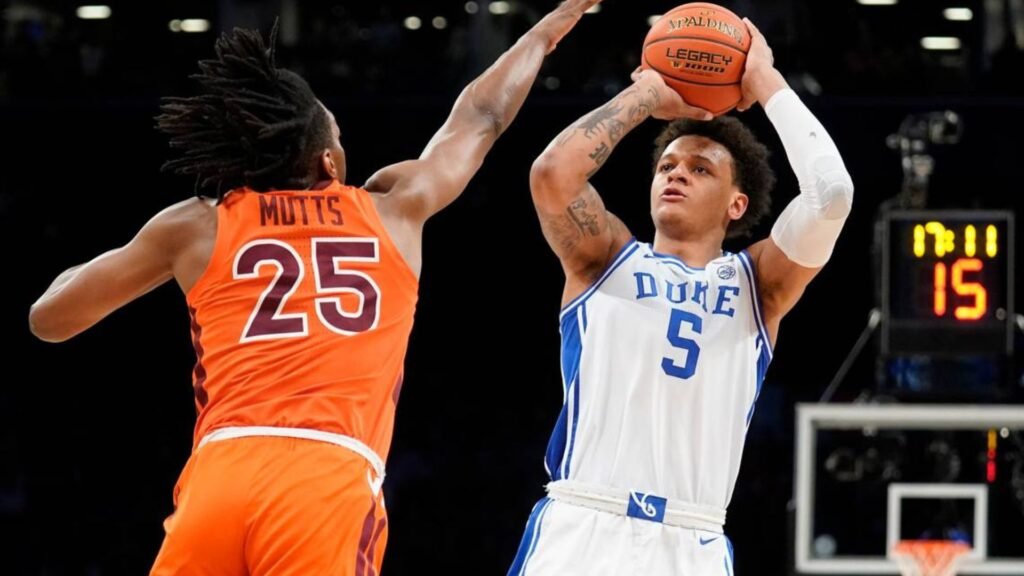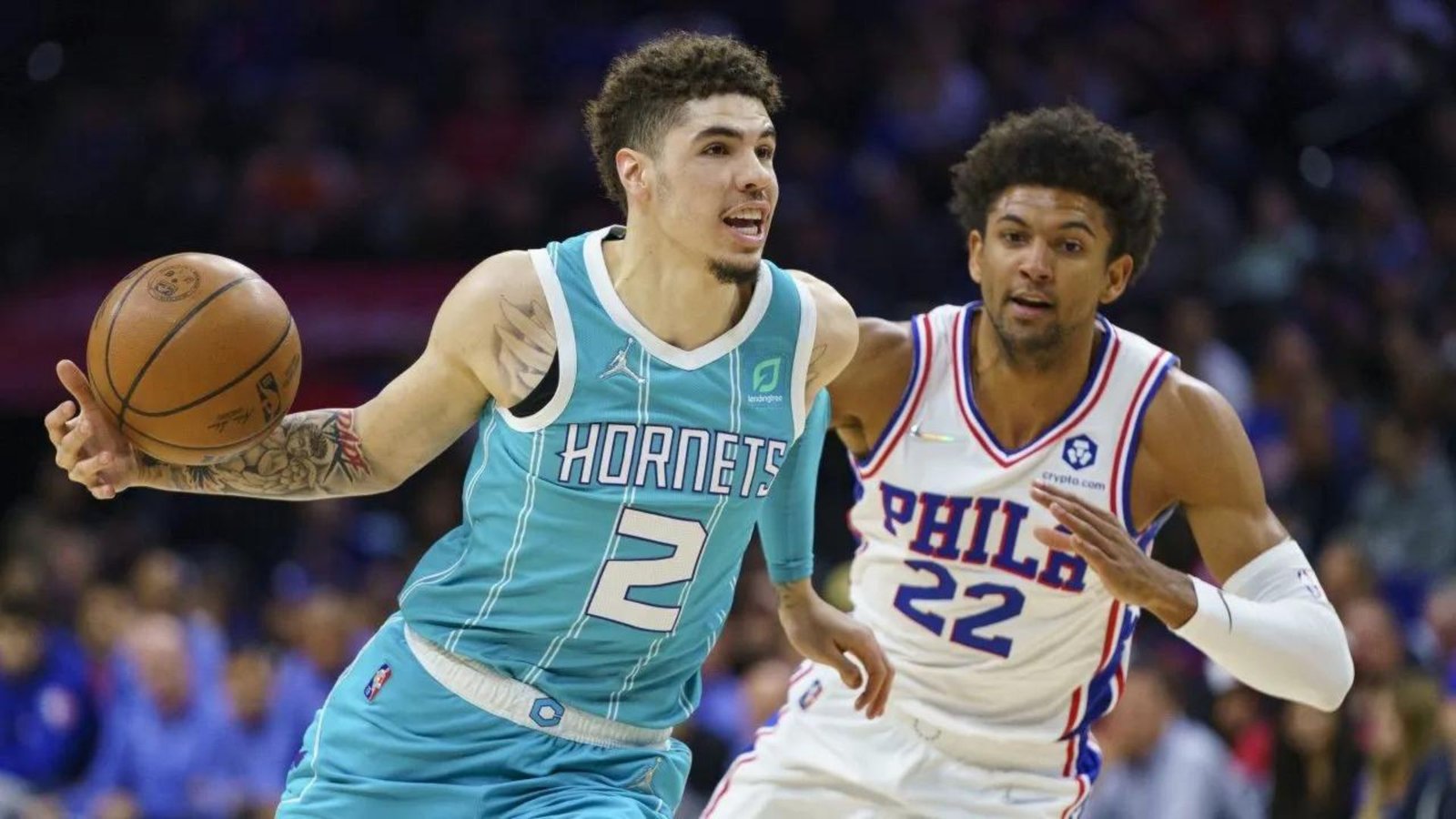
NCAA Hoops: Dreams and Challenges
NCAA hoops captivates with its thunderous crowd roars and electrifying stadium energy, showcasing the drama of athletic competition. Yet, beyond the televised games, it’s a realm where dreams and challenges intersect for student-athletes navigating college basketball’s demanding landscape. From buzzer-beaters to underdog victories, the sport thrives on moments that define legacies and inspire generations. However, the journey isn’t without its hurdles; student-athletes balance rigorous academic demands with the pressures of athletic performance, often facing intense scrutiny and relentless schedules. Despite the challenges, NCAA basketball offers unparalleled opportunities for personal growth, teamwork, and camaraderie. It’s a stage where athletes forge lifelong bonds, cultivate resilience, and chase their dreams on the hardwood courts of collegiate competition. Through triumphs and setbacks, NCAA basketball remains a symbol of passion, dedication, and the enduring spirit of collegiate athletics.
The Allure and the Realities
For many young athletes, the NCAA represents a coveted springboard to a professional basketball career. The national spotlight, combined with the opportunity to hone skills under renowned coaches, fuels aspirations of reaching the NBA. Prestigious programs like Duke, Kentucky, and UCLA become breeding grounds for future stars, with the annual March Madness tournament serving as a high-stakes proving ground.

Academic Demands and Athletic Commitments
The allure of the NCAA dream comes with a significant caveat – the intense pressure to excel in both academics and athletics. Student-athletes face a demanding schedule that involves rigorous practice sessions, demanding travel itineraries, film reviews, strength and conditioning programs, and the ever-present need to maintain good academic standing. Balancing these competing priorities requires exceptional time management skills, unwavering discipline, and a strong support system.
Addressing Exploitation and Unequal Compensation
Despite generating billions of dollars in revenue for the NCAA and its member institutions, student-athletes themselves are not directly compensated for their contributions. This raises concerns about exploitation, particularly considering the immense time and dedication they devote to the sport. The recent wave of “Name, Image, and Likeness” (NIL) legislation aims to address this disparity, allowing student-athletes to profit from their personal brands through endorsements and sponsorships. However, navigating the complexities of NIL deals and potential exploitation by external entities requires strong financial literacy and guidance.
The Mental and Emotional Toll
The relentless pursuit of athletic excellence can take a physical and mental toll on student-athletes. The pressure to perform at a consistently high level, coupled with the demanding training regimen, can lead to injuries, burnout, and mental health challenges. Universities have a crucial role to play in providing comprehensive support services, including access to:
Sports psychologists
To help student-athletes cope with the mental pressures associated with competition and navigate the emotional rollercoaster of wins and losses.
Academic advisors
To ensure they stay on track with their academic goals and receive the necessary support to succeed in the classroom.
Career counselling resources
To equip them with the skills and knowledge to explore career options beyond professional basketball.
Building a Strong Support System
The complex world of college basketball necessitates strong support systems for student-athletes. Coaches, mentors, and academic advisors play a vital role in guiding young players through the academic and athletic demands. Experienced coaches can provide guidance on and off the court, teaching not just basketball skills but also valuable life lessons such as teamwork, sportsmanship, and perseverance. Mentors can offer emotional support and career advice, while academic advisors ensure student-athletes stay on track with their academic pursuits. Additionally, organizations advocating for student-athlete rights work to ensure fairness, address potential exploitation, and promote their well-being beyond their athletic careers.
Exploring Alternative Pathways
While the NCAA offers a potential path to professional basketball, it’s crucial to acknowledge that this dream materializes for a select few. Exploring alternative pathways beyond the professional realm empowers student-athletes to pursue academic goals and gain valuable life skills that translate into successful careers outside of the sport.
Focus on academics
A strong academic foundation prepares student-athletes for diverse career opportunities beyond basketball. Universities can offer robust academic programs and career counselling services to equip them for success in various fields.
Developing transferable skills
The dedication and work ethic honed through athletic training translate into valuable skills like leadership, teamwork, time management, and discipline, which are highly sought after by employers in various industries.
Exploring professional opportunities
Careers in coaching, sports management, broadcasting, and data analysis offer exciting options for individuals passionate about sports but who may not pursue professional athletics.
Conclusion
The world of NCAA basketball offers undeniable opportunities for personal growth, athletic development, and the potential to chase a lifelong dream. However, this pursuit should not come at the expense of academic success, physical and mental well-being, or fair compensation. Recognizing these challenges and fostering a supportive environment is critical in ensuring that the NCAA experience truly prioritizes the holistic development of its student-athletes.
You might be interested in: